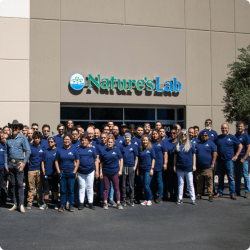

In the ever-evolving world of health and wellness, a new buzzword has been making the rounds: postbiotics. If you've heard of probiotics and prebiotics, you might wonder where this new term fits into the picture. This blog post aims to demystify postbiotics, explaining what they are, their potential benefits, and why they might be a useful addition to your dietary regimen.
Understanding Postbiotics

Postbiotics are bioactive compounds produced when probiotics - the beneficial bacteria in your gut - ferment prebiotics, which are fibers that feed these bacteria. Essentially, postbiotics are the byproducts of this fermentation process. These compounds include various substances such as short-chain fatty acids, functional proteins, peptides, cell wall fragments, and microbial cells that have been inactivated.
The Role of Postbiotics

Unlike probiotics, postbiotics do not contain live organisms. This characteristic can be beneficial, as it removes the need for the bacteria to survive in the gut environment to exert their effects. This stability means postbiotics can be more resilient and have a longer shelf life compared to some probiotics. They are believed to play a role in promoting a healthy gut environment and supporting overall well-being.
Potential Benefits of Postbiotics

Research suggests several potential health advantages associated with postbiotics:
Gut Health: Postbiotics may help maintain a healthy balance in the gut microbiome. This is crucial, as a balanced microbiome is associated with a variety of wellness benefits.
Immune Support: Certain postbiotics might help support the immune system. They are thought to interact with gut immune cells, potentially aiding in the body’s natural defenses.
Metabolic Benefits: Some studies suggest that postbiotics could influence metabolic processes, which might be beneficial for overall metabolic health.
Convenience and Stability: Since postbiotics do not contain live bacteria, they do not require refrigeration and have a long shelf life, making them a convenient option for those looking to support their dietary needs.
Incorporating Postbiotics Into Your Diet

Postbiotics can be found in fermented foods such as yogurt, sauerkraut, and kefir. They are also available as dietary supplements, which might be an easier option for individuals looking to ensure a consistent intake. As with any dietary supplement, it's important to choose products from reputable sources and consider consulting with a healthcare professional to ensure they are appropriate for your health needs. Nature's Lab Gold ProTotal is a three-in-one product covering gut microbiome health and digestive comfort.* In addition to prebiotic and probiotic support, it also features Butyragen™, a compound that acts as a postbiotic by promoting the production of butyrate, a short-chain fatty acid crucial for maintaining gut health and integrity.*
Postbiotics represent an exciting development in the field of nutritional supplements, offering a range of potential health benefits without the challenges associated with live bacterial cultures. Whether through diet or supplements, they might be worth considering if you’re looking to support your overall health and well-being.
Shop Nature's Lab Gold ProTotal today.
References
Aguilar-Toalá, J. E., Garcia-Varela, R., Garcia, H. S., Mata-Haro, V., González-Córdova, A. F., Vallejo-Cordoba, B., & Hernández-Mendoza, A. (2018). Postbiotics: An evolving term within the functional foods field. Trends in Food Science & Technology, 75, 105-114.
Tatiana, Colombo, Pimentel., Adriano, G., Cruz., Eliene, Penha, Rodrigues, Pereira., Ramon, da, Silva, Rocha., Geany, Targino, de, Souza, Pedrosa., Caique, Dos, Santos, Rocha., Verônica, O., Alvarenga., Anderson, S., Sant'Ana., Marciane, Magnani. (2023). Postbiotics: An overview of concepts, inactivation technologies, health effects, and driver trends. Trends in Food Science and Technology, doi: 10.1016/j.tifs.2023.06.009
Tsilingiri, K., & Rescigno, M. (2013). Postbiotics: what else? Beneficial Microbes, 4(1), 101-107.







